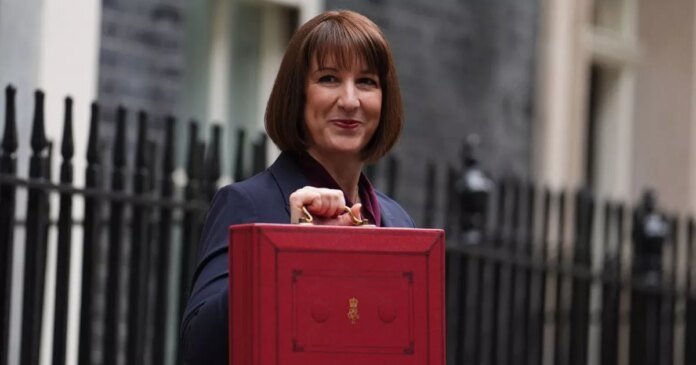Rachel Reeves has confirmed the date for the upcoming Budget amidst concerns that tax increases may be necessary. The Chancellor is set to present the vital statement, outlining the government’s fiscal plans, on November 26. Reeves is working on strategies to ensure the economy benefits the average working individual, emphasizing the need to tackle rising inflation that is straining household finances.
The decision to schedule the Budget later than anticipated is intended to facilitate announcements on enhancing productivity during the autumn months, with hopes that the Office for Budget Responsibility (OBR) will consider these factors in its projections.
This will mark Labour’s second Budget following the party’s resounding electoral success last year. In her initial Budget, Reeves raised taxes on businesses, imposed VAT on private school fees, and boosted capital gains tax to allocate substantial funds to the struggling NHS.
In a recent video statement, Reeves underscored that the British economy is not fundamentally flawed but acknowledged the necessity for adjustments to better serve the working populace. She highlighted the burden of high bills and the perception of receiving less despite increased contributions, emphasizing the need for change.
The Chancellor echoed these sentiments, emphasizing the ongoing challenges of cost of living pressures and the imperative to lower inflation and borrowing costs through strict adherence to fiscal rules. This, she emphasized, is essential to enable the desired investments and reforms that drive growth and rejuvenation.
Despite these intentions, economic experts have warned of the likelihood of tax hikes to address the nation’s financial deficit. The NIESR think tank cautioned that a £41 billion shortfall is expected against the Chancellor’s commitment to balancing day-to-day spending with tax revenues by 2029-30.
The debate on potential tax increases has gained traction, with Keir Starmer affirming Labour’s pledge not to raise taxes on working individuals, ruling out adjustments to VAT, national insurance, or income tax rates. The Chancellor aims to steer clear of a budgetary scale similar to last year’s, which included substantial tax increments. Challenges such as reversed cuts to benefits and escalating borrowing costs have further complicated the fiscal landscape.
Recently, the Prime Minister revamped his economic team at Downing Street in preparation for the Budget, appointing Darren Jones, the Chancellor’s deputy, as Chief Secretary to the Prime Minister. Additionally, the appointment of Baroness Minouche Shafik and Dan York-Smith to key economic roles signals a strategic shift in economic policymaking.
Amidst these developments, former Tory PM Liz Truss raised concerns over the Chancellor’s economic strategies, warning of potential pitfalls. However, her criticisms were met with skepticism, with Health Secretary Mr. Streeting dismissing her advice, citing her past track record.
As the Budget announcement approaches, the focus remains on addressing economic challenges and ensuring fiscal stability. Stay updated on this breaking news story through our various news channels or visit The Mirror homepage for the latest updates.
